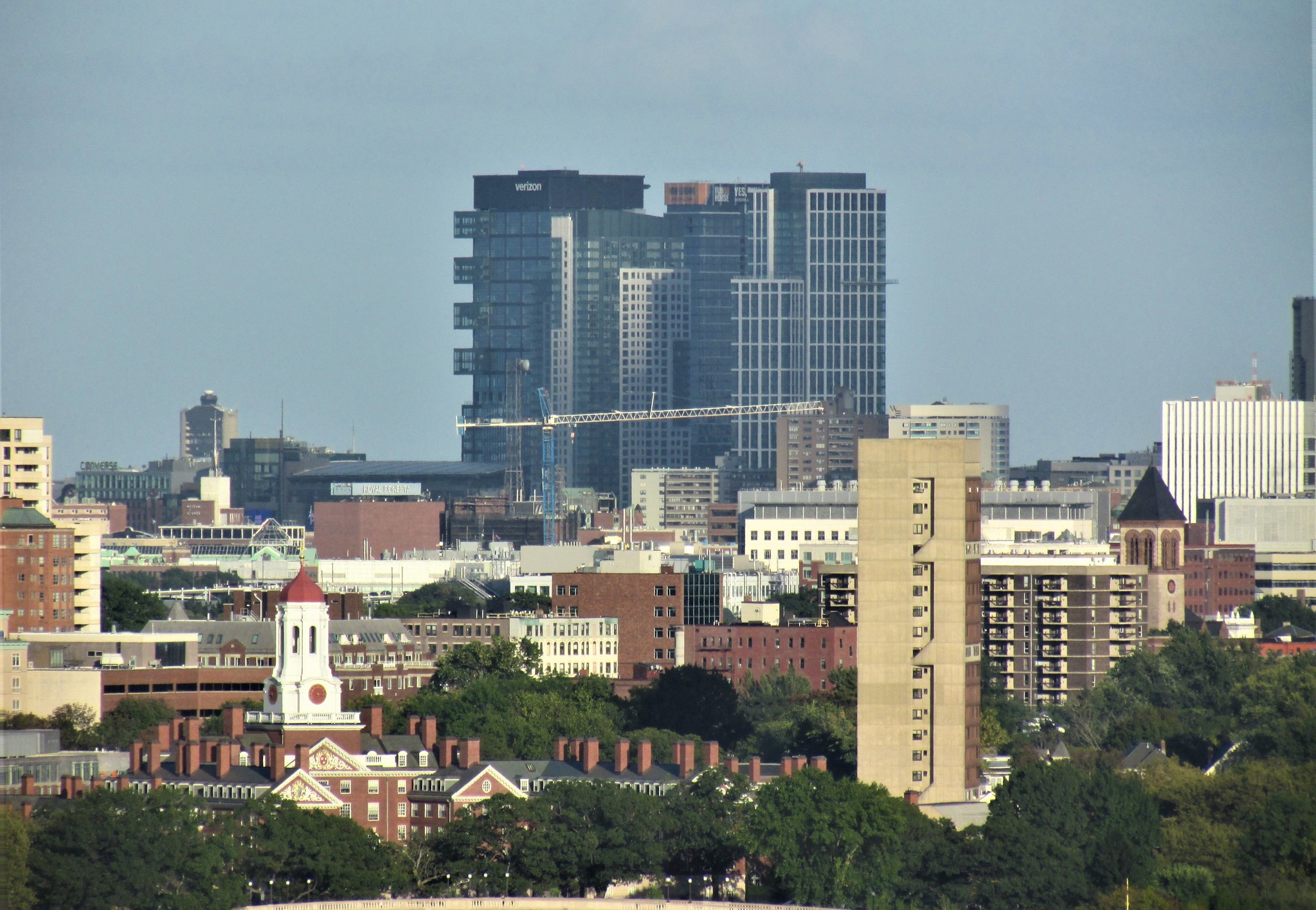Don't forget the Globe article, I think by Shirley Kressel, contending that building 691' at Winthrop Square was akin to building a skyscraper directly on the Common itself!!! That was peak crazy right there.
Again, the FAA map is very clear about areas that can go tall. Back Bay (high spine portion) has a couple spots that could push over 900' (unless of course there's a sliver of shadow somewhere), particularly Hynes and Kings garage. North Station area could go 700's, even over 800 on some of those empty lots by the ramp or where that 12 story West End apartment building is next to Alcott. Hurley could probably go at least 750', and seems to require more remediation than the Winthrop Garage (ie, let's push for some height here). Kendall could get close to 1000' at many spots near the river, but then it drops to 500' a couple blocks back (ie Volpe only had 1 sliver of the site that could have gone for broke, and they're not). North Point was really the perfect location, in the 1000' zone and without any nearby NIMBY neighbors, yet they decided to blow literally the best opportunity in the whole metro and make everything short and FAAAAAATTTTTTTT.
That's pretty much it. Back Bay, North Station, or a Kendall miracle, otherwise we just might end up the world's "boomingest" city that's stuck with a tallest building over 50 years old. Not only that, but a building that went from top 20 in the world to out of the top 1000. The Hancock is beautiful, and was a marvel of engineering at the time, but it's no longer a *special* building to still be a city's tallest in 2021.
When the Red Sox won in 2004, fans didn't suddenly become richer, have nicer houses, better education, or anything like that. But what they did gain was a permanent slice of happiness that had been missing from their lives. For me, each new large tower (Millennium Tower, Four Seasons, State Street, now this) has added to my permanent happiness level, but a new (classy/tasteful) tallest building is the cherry currently missing from the top of that sundae.
This gets brought up a lot but it bears repeating: You really should not care about this at all. The tallest building in Paris is 690 feet tall. The tallest building in Rome is 509 feet tall. The tallest building in Amsterdam is 490 feet tall. Hell, the tallest building in Tokyo is 848 feet tall. I'd rather spend a day in any one of these places than Houston (1008 feet tall), Cleveland (948 feet tall), or Dallas (921 feet tall).
Last edited:

 20210806027
20210806027
 IMG_5007
IMG_5007 IMG_4020
IMG_4020